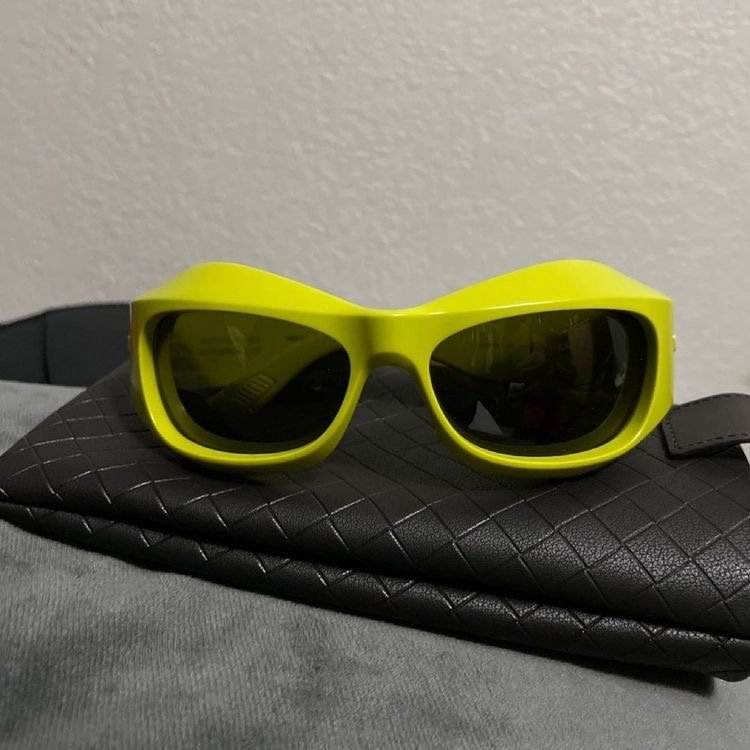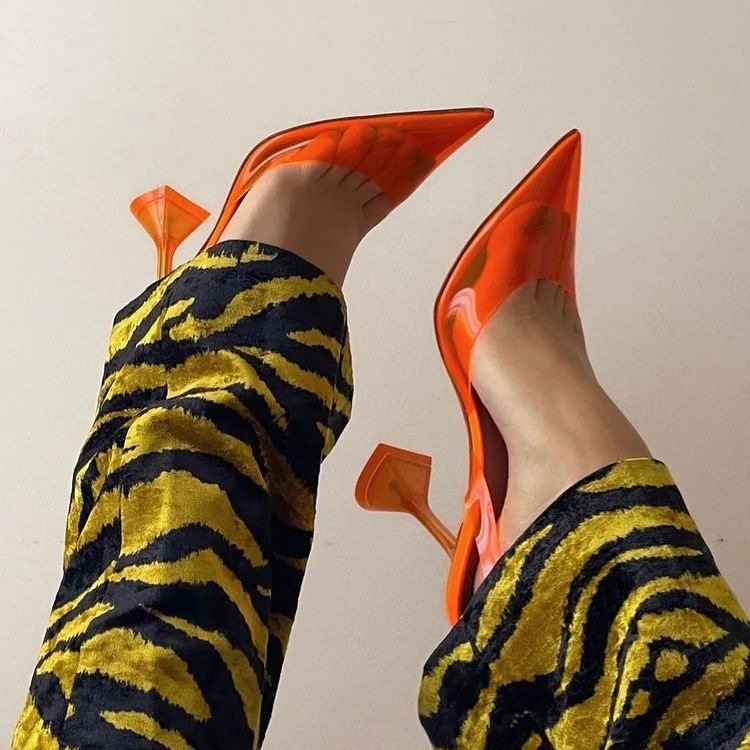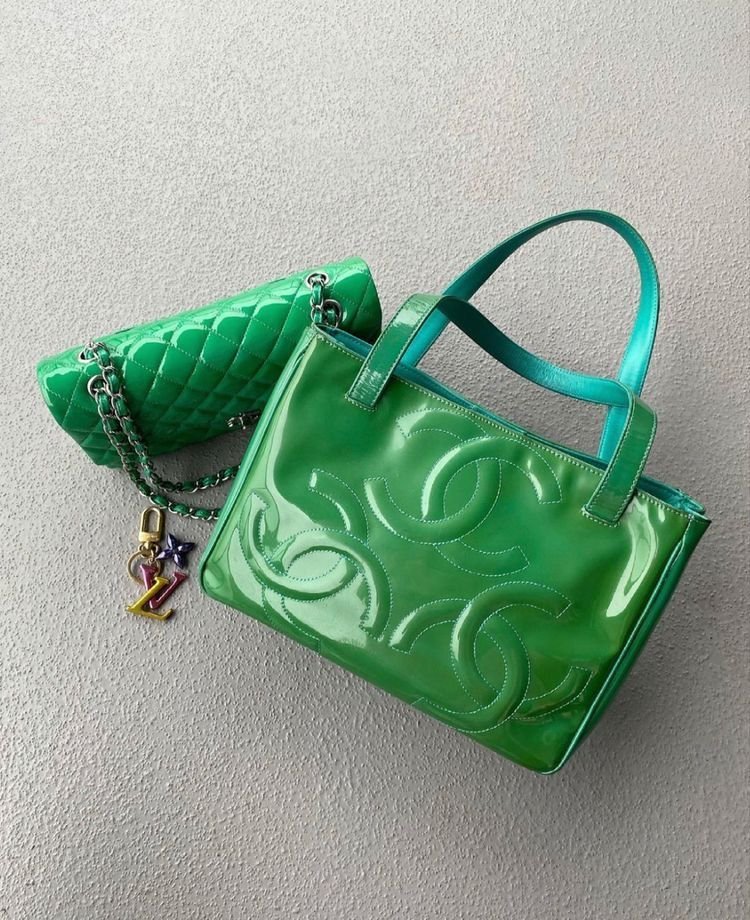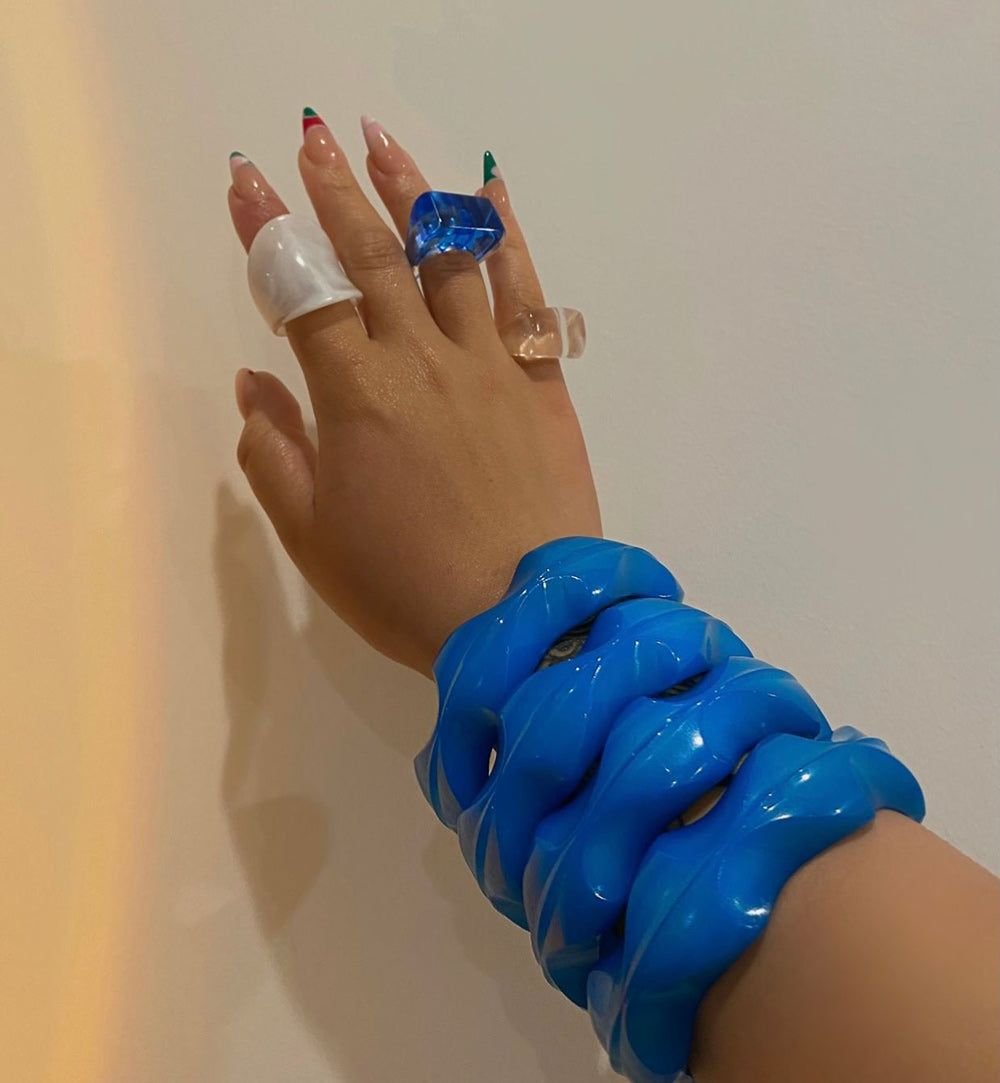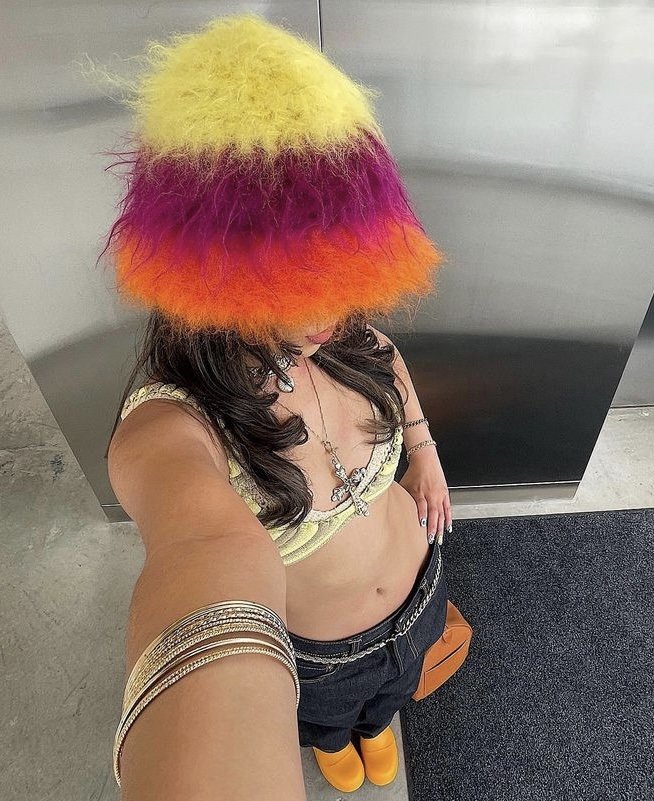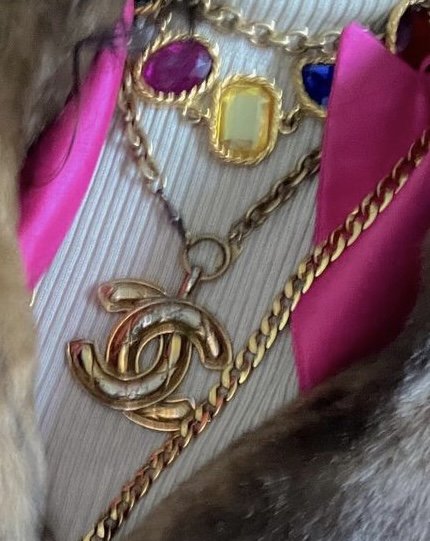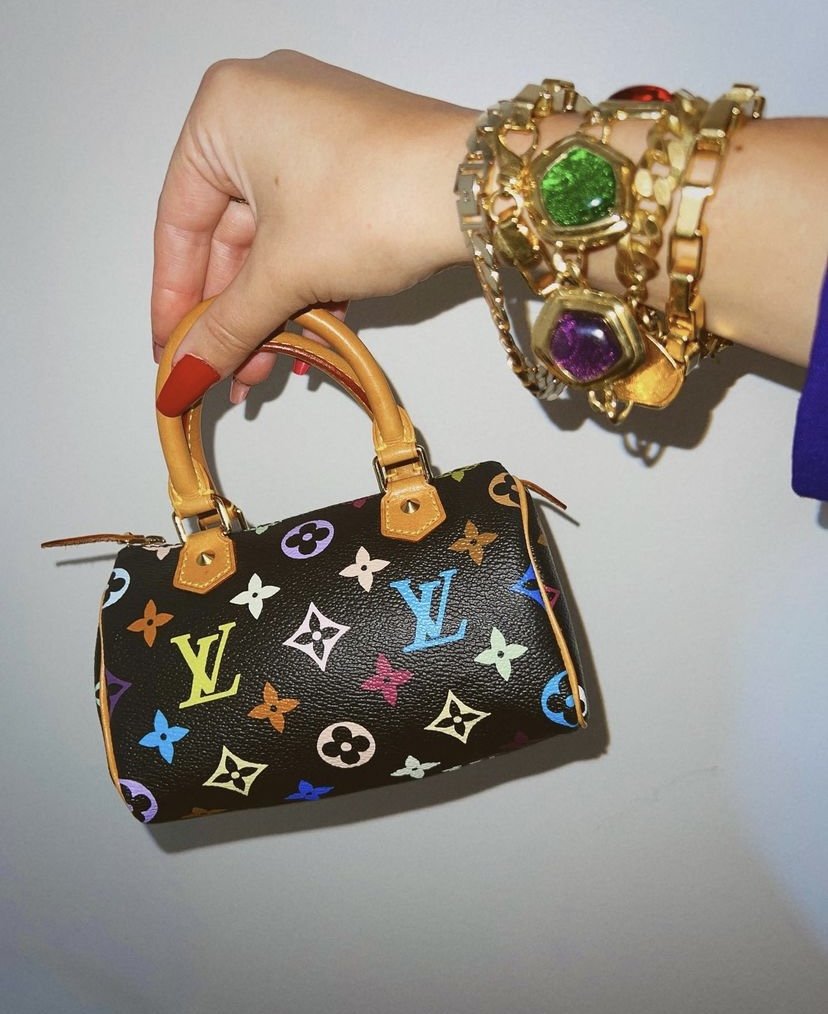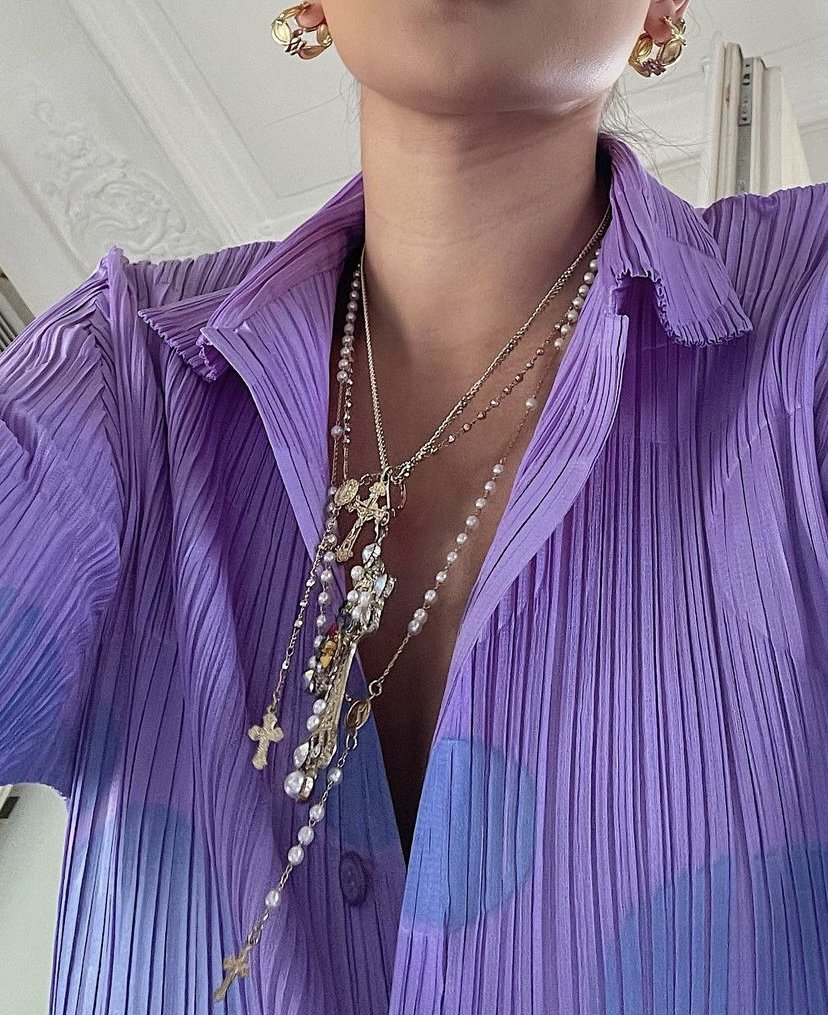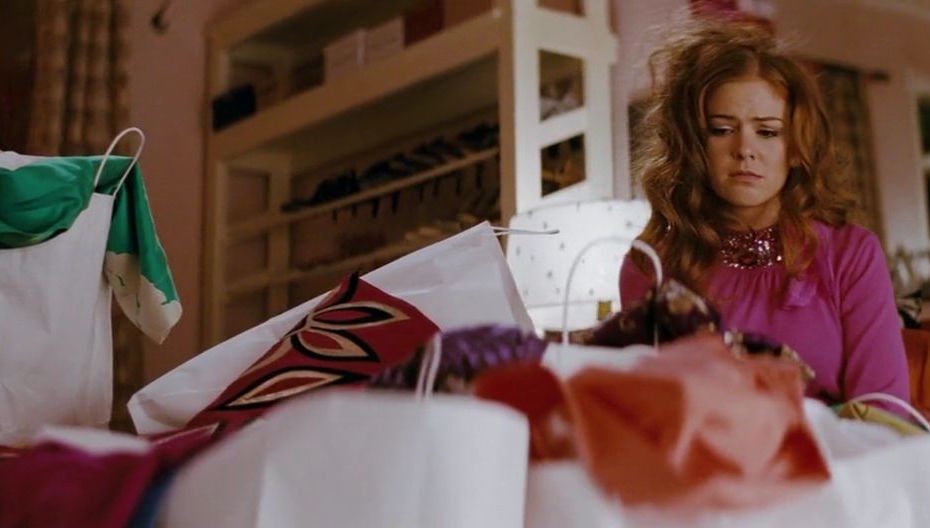Confessions of an Accessory Addict: A Shopping Addiction Can Really Creep Up on You
*Article from the Lexington Line’s Autumn/Winter 2022 issue, pages 84-85
Check out the full issue here.
An addiction, as most of us know, can take years to develop or overcome. Like smoking, drugs, and drinking, a shopping addiction can be minacious. For me, it all started when I began to make my own money. No one could tell me not to take my fresh new debit card and shop for everything on my Pinterest board.
Before I knew it, I started working in retail, and my addiction worsened. I grew more fond of accessories, buying everything from earrings to trendy socks. There are times when I find myself awakened by the thought of buying more accessories to add to my already overflowing collection. I spend hours scrolling through Depop and stalking small businesses and influencers on Instagram to get my fill.
SOURCE: PINTEREST
SOURCE: PINTEREST
I have said this before, but accessories are the literal mold to building a memorable and stylish outfit that is worth an Instagram post or two. Whether it is a necklace, a ring, a set of bangles, or those signature silver hoops that your mother had when she was 15, the accessories you own are the building blocks of your style. For me, it is everything. I need every accessory that I lay my eyes on, no matter the price. This can be challenging on a college student’s budget, especially when I am willing to spend over $100 on a piece of archival jewelry that I will probably wear once or twice.
SOURCE: INSTAGRAM @KOLEENDZ & @abby.silverman
I will never stop loving accessories, but I don’t think I was prepared for the effects an obsession like this would have on my mental health. Like any other addiction, it has me in a chokehold. I decided it was time to get help from a shopping addiction professional.
Jessica Dell is a Utah-based psychotherapist, member of the National Association of Social Workers, author, speaker, mother, and influencer for all things mental health. I got an opportunity to speak with her about my accessories addiction and pick her brain about how a shopping addiction can degrade your mental health. What I thought was going to be a quick chat turned into a super informative half-hour $150 therapy session and interview, and I was honestly inspired by what she had to say. If you are struggling with a shopping addiction, do not be afraid to find a therapist like Jessica Dell and take that step toward a healthier mindset and a lighter closet.
Tell Me about yourself and how you started as a therapist
I had lots of experiences myself where I needed help. My mom was a social worker, so I overheard many of her conversations with clients. I learned from a young age that helping people is a beautiful way to live your life. Having the opportunity to help others has also helped me find peace and strength in my own recovery. I had an eating disorder from the age of 11 or 12 until I was 20. High school was the peak of my disorder, and I learned a lot throughout the process. I am fully recovered now and I have so much compassion for others who struggle, which is why I do what I do every day.
where do shopping addictions come from?
Sadness and shame are at the core of almost any addiction or compulsive behavior. Any kind of addictive behavior that ends up impacting our lives comes from a source, and that source is always sadness and shame, whether you're doing it to ease your heartbreak, pain, or anything you might be dealing with that is putting a strain on your mental health.
Source: Instagram @abby.silverman, @sierrarenas, & @koleendz
why do you think shopping is an outlet for people like myself, Who feel it makes them who they are?
Shopping is a form of self-expression and individuality. I include myself in this group too. I love clothes, accessories—all of it. Fashion is a practical form of self-expression that allows us to play with who we are, whether it is dressing to match our mood or to help ourselves feel better. For example, many people wear and shop for yellow pieces because it gives off a happy vibe, while also making them feel happy in the process. Whatever your “motive” or style is, it is a great form of expression. It can be so expressive but also very compulsive, to the point of starting or shaping an addiction.
I know you might get this all the time, but why do some people have a hard time accepting their shopping addiction and telling themselves “no”?
I have realized that in some cases, it is easier for some people to live in denial than to live in acceptance. Reality is not a comfortable place to be for a lot of people. Being vulnerable to a particular behavior or addiction can be super uncomfortable to accept. For those people, ignorance is bliss. And then when the sadness and shame are back, the addictive behavior wants more, no matter the cost. It is truly an insatiable force.
SOURCE: THEHONEYCOMBERS
What is your advice for me and others with an Addiction? Do you think Therapy is the Best option?
Therapy is a great option for everyone, no matter what the problem might be. For you and others with a shopping addiction, the behaviors might be hard to identify as a shopping addiction be- cause it might not be hurting you if you aren't hurting financially. But, as we all know, with more money comes more problems. Therapy is essential no matter who you are, where you live, or what you are currently going through. Everyone can use a little help from time to time, and there is no shame in finding it and receiving it as soon as you can.


